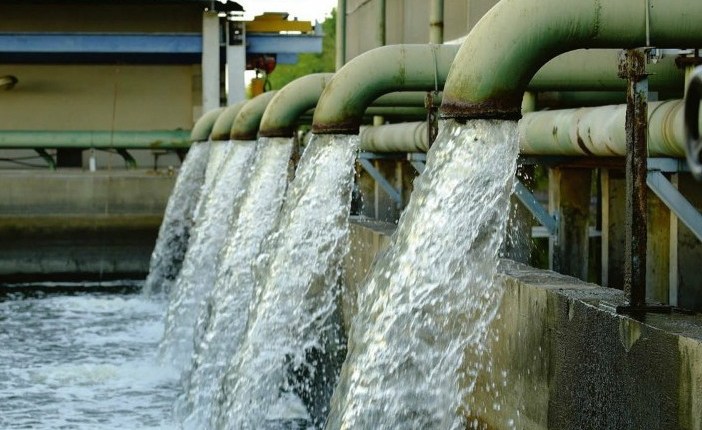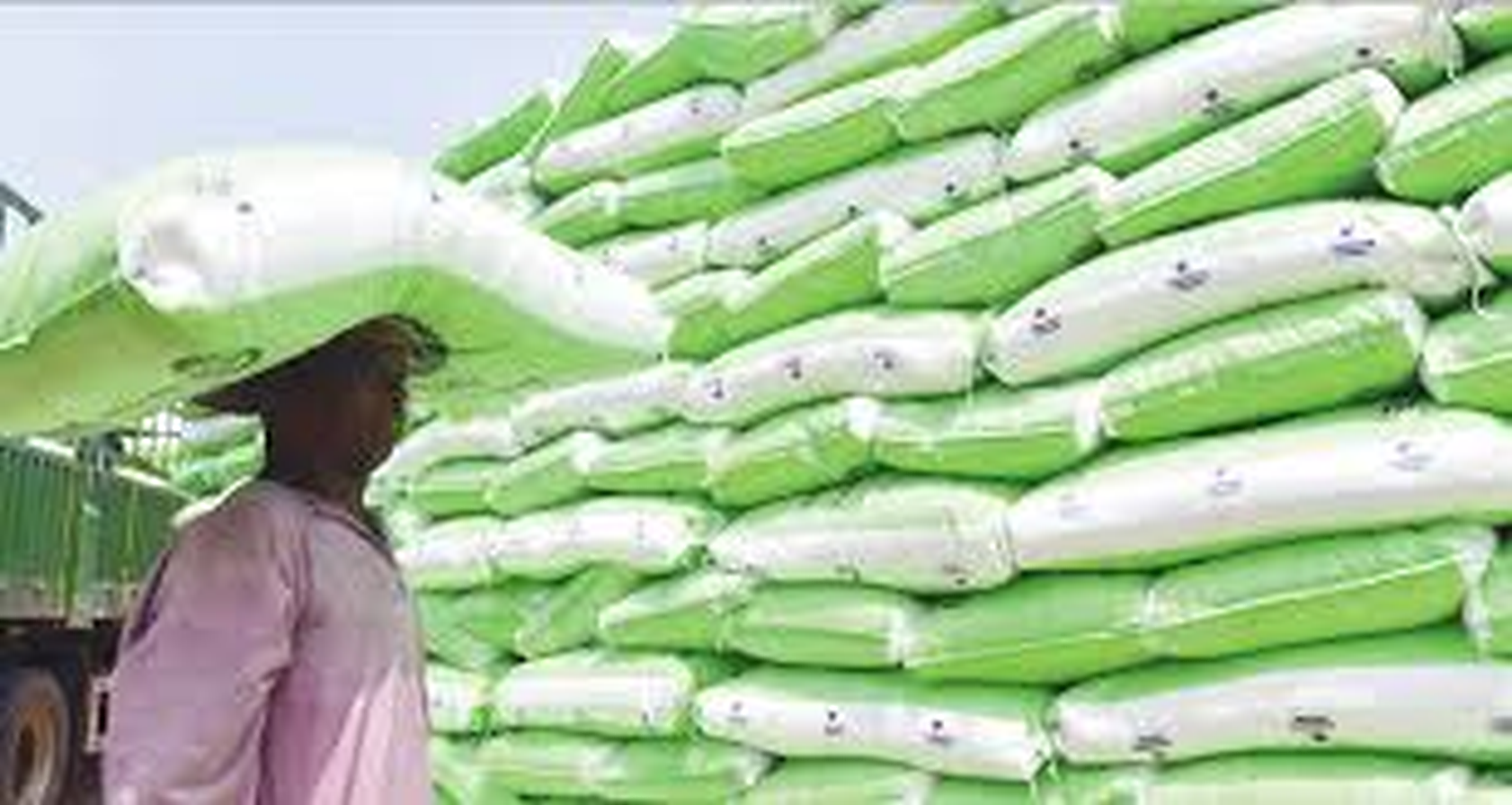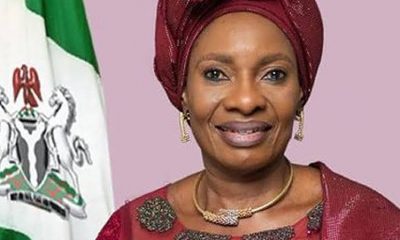Ministry partners organisation for water quality management.
The Federal Ministry of Water Resources is partnering with the Standards Organisation of Nigeria (SON) to implement a National Roadmap for Water Quality Management in the country.
At the opening of a two-day Technical Committee Meeting on the Nigerian Standards for Ambient Water Quality in Abuja, on Tuesday the minister, Mr Suleiman Adamu, noted that this partnership was critical.
He noted that water quality management was central to maintaining the integrity of the freshwater ecosystems of the nation, in order to protect public health, enhance food security and alleviate poverty.
The minister said that the poor attention to water quality management had negatively impacted ecosystem balance, economic growth, public health, education, inequality and climate change.
This, he noted, has been upturned by the present administration.
Adamu called on all stakeholders to redouble their efforts toward ending water contamination and pollution, saying urban cities were the worst culprits in freshwater pollution.
He said the Rivers and Open Waterbodies Monitoring Activities Programme of the Ministry had revealed that indiscriminate wastewater discharge, open defecation and dumping of refuse into rivers, gutters and waterways were the major sources of pollution to Nigeria freshwater.
“The monitoring activities have further shown that urban cities are affected with the adverse effects of indiscriminate dumping of plastics and medical wastes into the environment.
“Similarly the subsequent transport of these wastes to rivers, lakes or dams are sources of emerging pollutants in our drinking water,’’ Adamu said.
He added that the ministry, through the Integrated Water Resources Management Commission, was already developing Water Source Protection Guidelines to reverse the ugly trend of poor water quality management.
He said the National Water Quality Reference Laboratories and Monitoring Network was part of the ministry’s quest to strengthen water quality management and enhance ecosystem balancing.
“This programme has established eight water quality laboratories at Lagos, Minna, Akure, Enugu, Gombe, Sokoto, Maiduguri and Kano for the purpose of water quality monitoring and surveillance.
“Currently, the eight laboratories are monitoring rivers and open waterbodies to achieve 100 per cent proportion of water bodies with good ambient water quality by the year 2030 in line with the SDGs,’’ he said.
Malam Farouk Salim, Director General, SON, said the over-stretched and polluted freshwater resources in the country posed a threat to public health and ecosystem sustainability.
Salim, represented by Dr Omolara Okunlola, Director, Inspectorate and Compliance Department, noted that the Standard for Ambient Water Quality was of paramount importance towards giving direction to the management and quality monitoring.
The direction, he added, would guide the authorities on proper policy formulation on apportioning water quality usage; water regulatory bodies, public and private water suppliers among others.
“The whole purpose of this collaboration is to ensure that Nigerians have quality water and ambient water is how water is meant to be without treatment.
“This standard is going to specify the status of the various types of water we have like the surface, and groundwater and its status nationwide.
“We would also see what can be done for remediation so that it is fit for purpose’’ Salim said.

 Health5 days ago
Health5 days ago
 Entertainment7 days ago
Entertainment7 days ago
 Crime6 days ago
Crime6 days ago
 Education1 week ago
Education1 week ago
 Health1 week ago
Health1 week ago
 Comments and Issues6 days ago
Comments and Issues6 days ago
 Football7 days ago
Football7 days ago
 Latest6 days ago
Latest6 days ago










